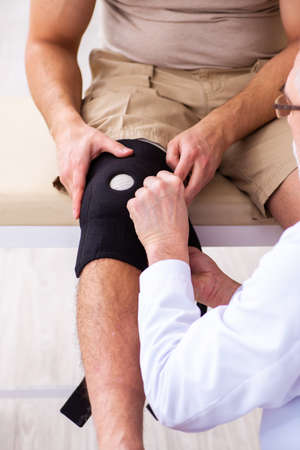Return to Work and Driving after Cardiac Events: Legal and Social Considerations in the UK
1. IntroductionExperiencing a cardiac event can be life-changing, affecting not only physical health but also many aspects of daily living. In the UK, the process of returning to work and resuming driving after such an event is not only a matter of personal recovery, but also involves legal, social, and occupational considerations. Work provides a…








